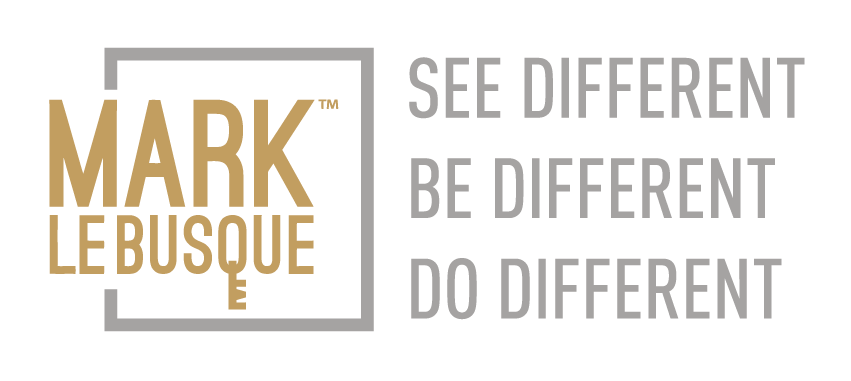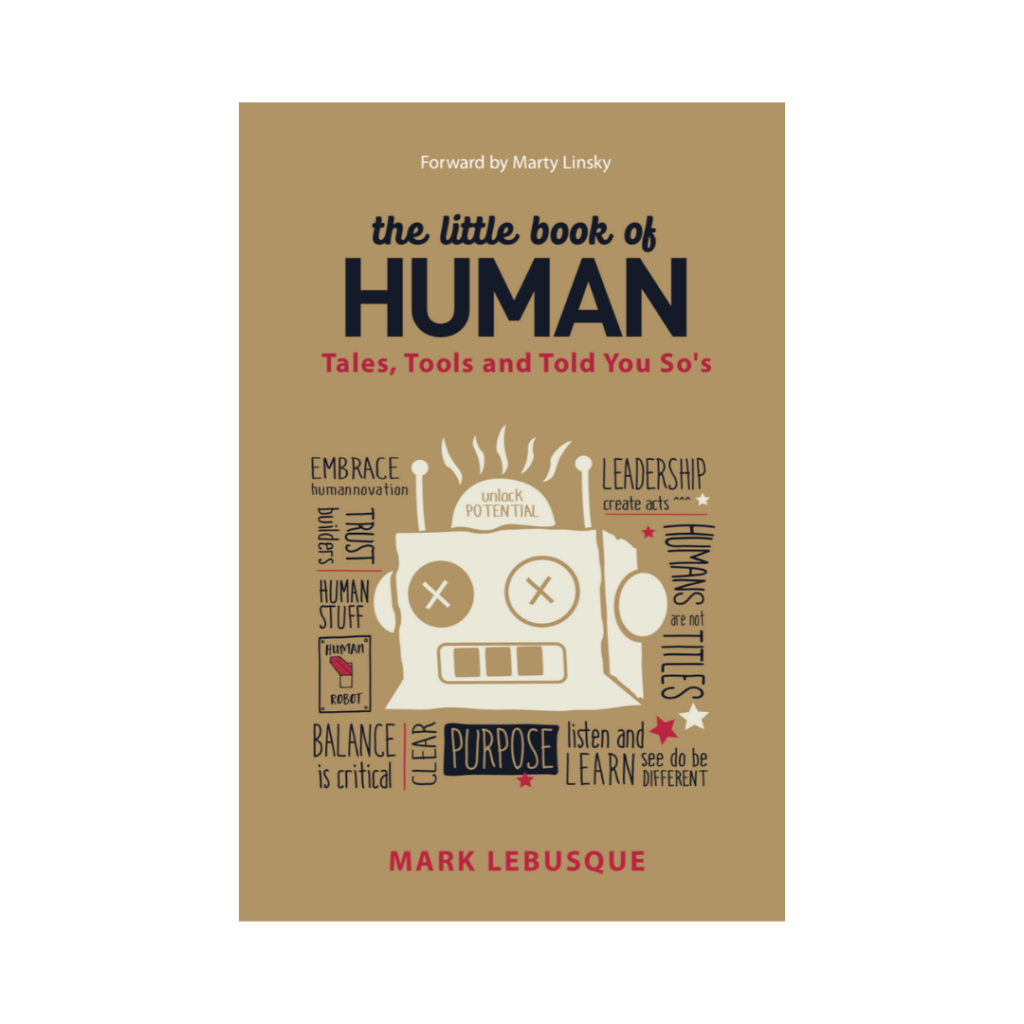“The four most beautiful words in our common language: I told you so.” – Gore Vidal
There are four words, innocuous on their own, but when combined can either work against progress at a group level or perhaps work for you at an individual level.
“I told you so…”
I’ve seen many individuals and teams head down the path of dysfunction from just these four words becoming an acceptable way of creating a “pissing contest” in the pursuit of a self-serving outcome.
Let’s start with the downside of “I told you so”.
When was the last time you uttered these words to someone else?
Convincing them of your “rightness”, no doubt.
Perhaps it was your partner, one of your children or a best friend?
Or someone at the workplace whom you felt was not in a position high enough that would cause you to make what I call a career-limiting move.
Maybe you were posturing and positioning yourself in that meeting room, researched to the max, facts, and figures coming out of your ears and determined to impress others with your knowledge and technical prowess. After all, that’s what’s got you to where you are today.
Voices were raised and the tone became more of a hindrance than a help.
Eventually, there was just noise… no rationality to it.
Humans playing the game of “one-up” on each other.
It’s a jungle out there and you know only the strong shall survive, they say.
Is strength really based upon a spreadsheet, technical competence and being able to look good in the “one-upping” of others to convince them of your rightness? Or perhaps to highlight their wrongness?
In a world where we are measuring success on cost-outs, revenues, dividends that ultimately end up on a scorecard, is it any wonder that humans spend so much time trying to convince other humans of their rightness. After all, if you’re wrong and fail, you’d better be ready for the consequences.
That’s why I say many workplaces are full of intelligent idiots. Highly qualified process- and theory-based human beings who lack the ability to tap into their common sense and at worst simply ignore it because “that’s not what it says in the manual”.
I’m guessing there’s more to it.
We seem to have mastered the art of turning the simple into complex because it makes us look smart and feeds an ego with an insatiable appetite.
Oh, and then comes the cover-up… when you were wrong.
When that hire didn’t work as you thought it would because the CV didn’t mention the successful applicant was an obnoxious arsehole.
You had focussed on the technical stuff, the awards and successes the applicant had achieved, even though something inside of you was trying to bust out and say, “Don’t do it… you’ll be sorry”.
We’ve all been there and it’s not a nice place to be.
Perhaps you had ignored your “gut feel” initially, only to whisper to yourself when things blew up, “If only I’d listened to my gut, that first impression, and my instinctive feeling that my final decision was going pear-shaped”.
Now, here’s something worth contemplating…
When was the last time you uttered these words to yourself?
“I told you so…”
You know, turned that mirror around and owned something that didn’t quite go the way you had hoped.
This is the precise moment where you can use these words for good instead of evil.
A time where you own what Marty Linsky refers to as “your part in the mess”. That time you didn’t do what was needed to be done but what you thought was wanted by others. Impressing upwards or at your level.
Most times you’ll dismiss it as bad luck and find someone else to blame for what happened when you know full well you’ve created the mess.
Let this be what I call a “velvet sledgehammer” moment for you. That moment where you feel like you’ve been struck by something in order to wake up, but it’s not going to do you any long-term damage if you take notice and stop and reflect on the blow.
Day after day, human after human, I hear stories of these “I told you so” moments that in a split-second were ignored.
What’s fantastic though is to hear from humans who had the courage not to ignore these moments and do what was right rather than what was popular.
What I like to call human acts of leadership or what you might hear referred to as breakthrough moments.
They’ll likely feel risky if you start to follow your gut as that’s not what’s expected in a world of intelligent idiots so be prepared for some fallout. To be ridiculed or told “you’re wrong”. Hold your nerve, listen to your gut and stop and reflect when these moments occur.
When did you last stop in your “I told you so” moment and go with your gut? What happened?





